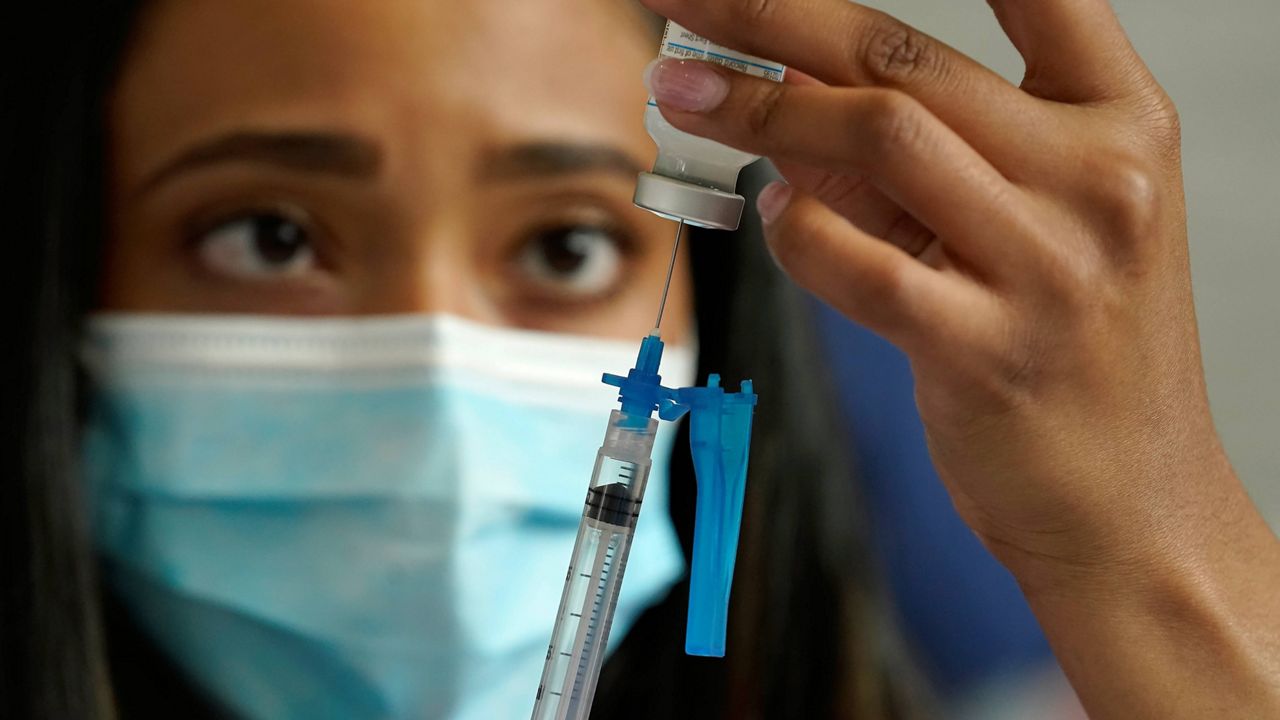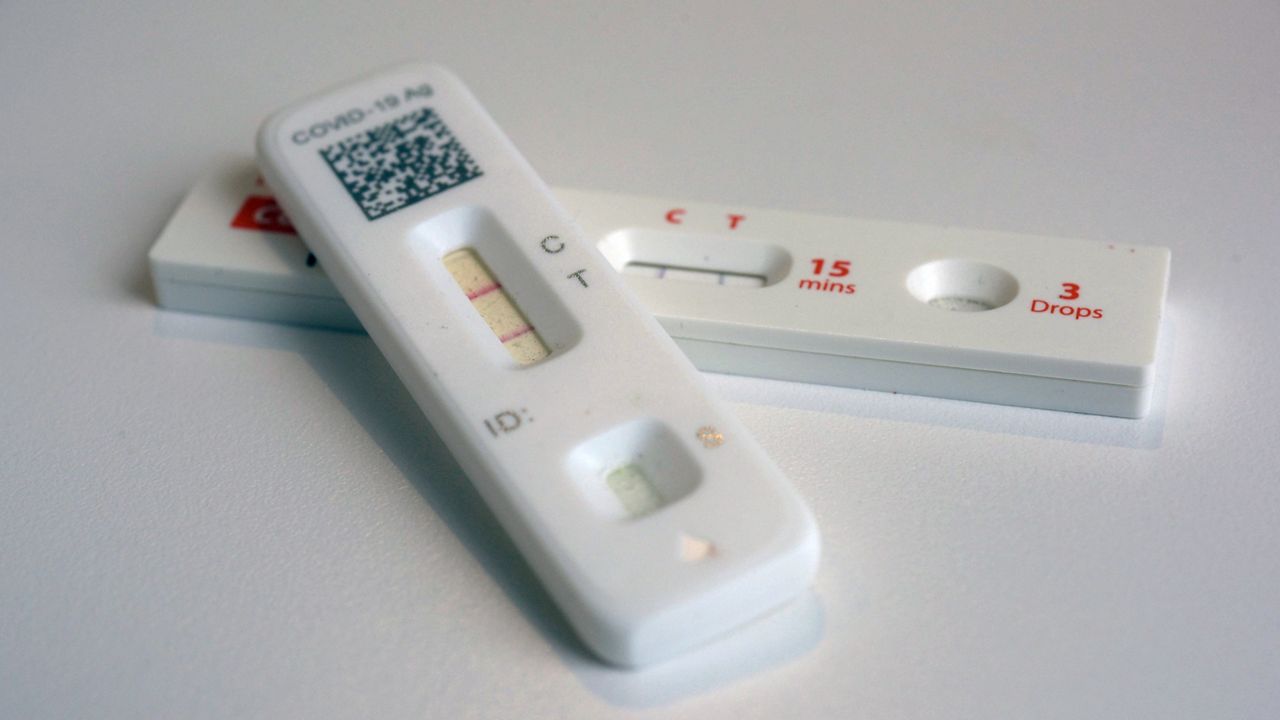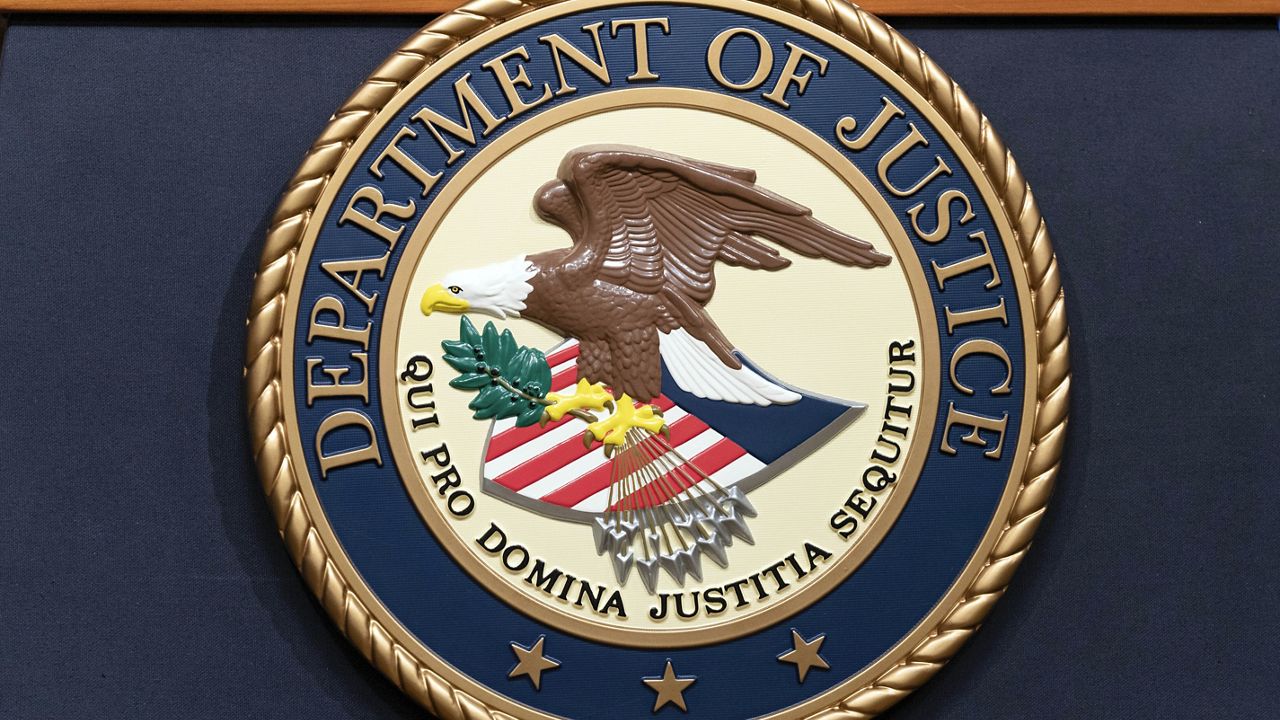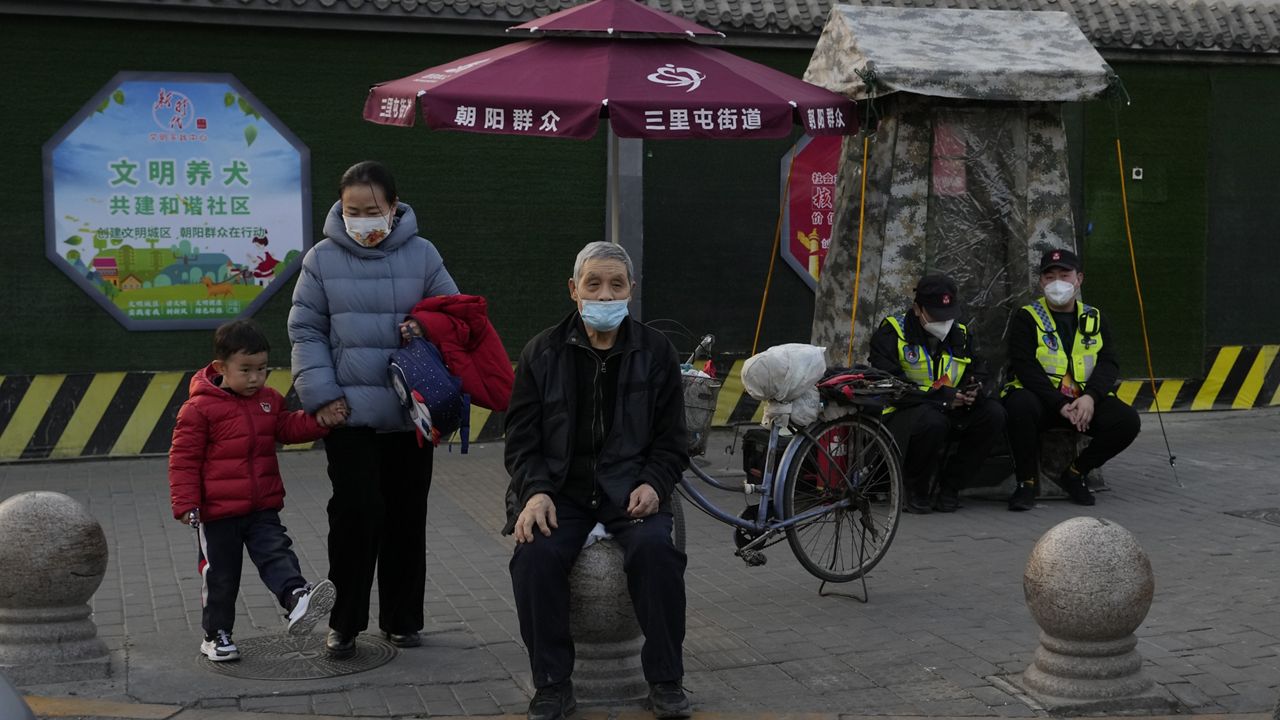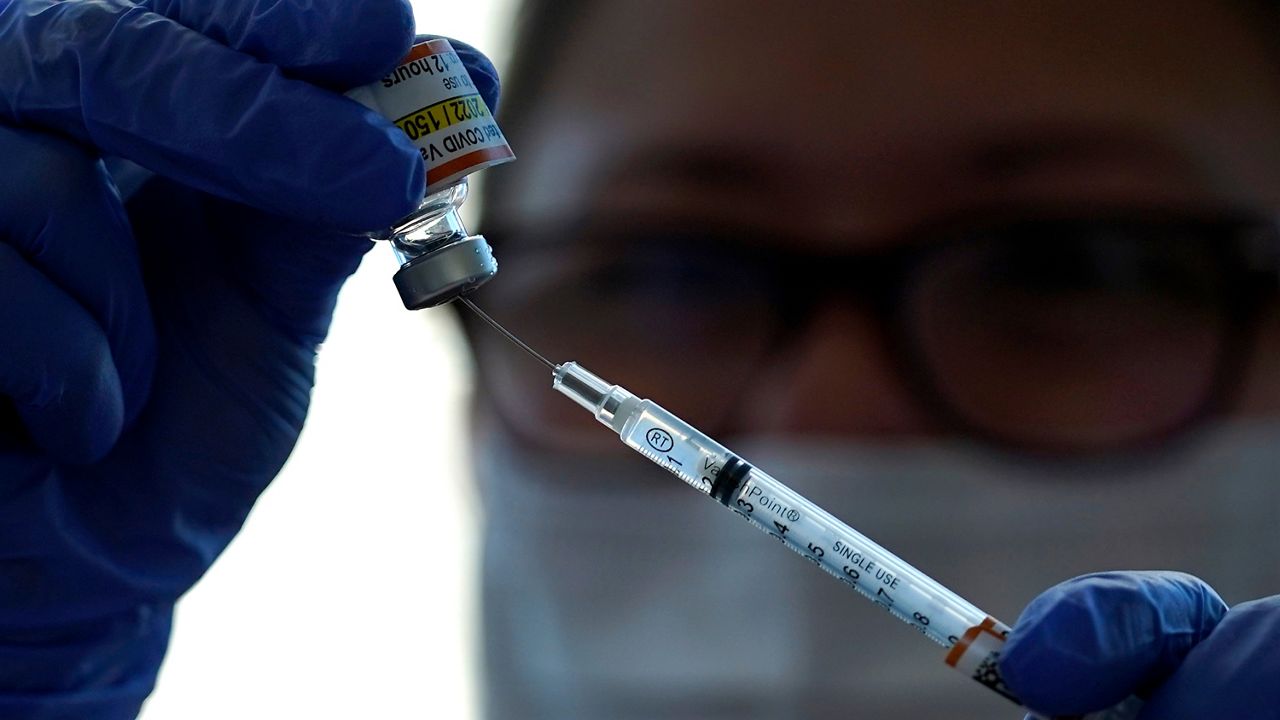COVID-19 vaccines saved the lives of more than 300,000 seniors and other Americans enrolled in Medicare last year, according to a report released Friday by the Department of Health and Human Services.
What You Need To Know
- COVID-19 vaccines saved the lives of more than 300,000 seniors and other Americans enrolled in Medicare last year, according to a report released Friday by the Department of Health and Human Services
- Vaccines also were credited for more than 650,000 fewer COVID hospitalizations and a savings of $16 billion in direct medical costs, the report found
- The study was conducted by researchers with HHS's Office of the Assistant Secretary for Planning and Evaluation.
- The HHS report estimates that if no vaccine were available, there would have been more than 1.7 million COVID-19 hospitalizations and 700,000 deaths among the 64 million Medicare recipients in 2021
Vaccines also were credited for more than 650,000 fewer COVID hospitalizations and a savings of $16 billion in direct medical costs, the report found.
“Thanks to the availability of COVID-19 vaccinations throughout the country for free … we can say that many of our communities continue to have the opportunity to hug and kiss and enjoy the holidays with loved ones who might otherwise not be with us,” HHS Secretary Xavier Becerra said in a call with reporters Friday.
The study was conducted by researchers with HHS's Office of the Assistant Secretary for Planning and Evaluation. It took samples of county-level data to identify the association between vaccination rates and COVID-19 outcomes and extrapolated the findings to the entire Medicare population.
COVID-19 vaccines were first authorized for emergency use in the U.S. in December 2020. The data analyzed in the report are through the end of 2021.
To date, 93% of Americans 65 years and older have received their primary vaccination series, and 71% of those seniors have received at least one booster shot.
The HHS report estimates that if no vaccine were available, there would have been more than 1.7 million COVID-19 hospitalizations and 700,000 deaths among the 64 million Medicare recipients in 2021.
The study also found vaccines reduced the number of deaths and hospitalizations in all racial and ethnic groups.
“We saw better outcomes in every community, in every state and every part of our country, and that includes our different communities based on race [and] ethnicity,” Becerra said.
Dr. Ashish Jha, White House COVID-19 response coordinator, credited the Biden administration for launching a robust vaccination program that led to the vast majority of seniors being inoculated. The vaccines were developed during Donald Trump’s presidency but experienced a bumpy rollout in his final weeks in office.
Jha, however, said death rates — currently more than 300 a day — are higher than they should be.
“We know that 70% of deaths occurring today are in people over 75,” he said. “This is unacceptable, particularly because we can now prevent almost every COVID death in the country with vaccines and treatments that we have.”
U.S. regulators last month authorized the first update to COVID-19 boosters in the pandemic, bivalent shots that target the original strain of the virus as well the omicron BA.4 and BA.5 subvariants.
“The most important thing every American can do to reduce their likelihood of having significant, preventable health issues in the next three to six months is to go get an updated COVID vaccine,” Jha said.
Jha also said it’s a “problem” that 80-year-olds are less likely to be treated with Paxlovid than 50-year-olds.
Meanwhile, health officials said they’ll renew their call for Congress to pass more than $22 billion in emergency funding to help combat COVID-19. The Biden administration says the money is needed to accelerate research and development of next-generation vaccines and therapeutics to keep up with the ever-evolving virus and to support the global response, but Republicans have pushed back on approving more pandemic-related spending.
Jha said the administration will again ask for the funding in December when lawmakers must pass another bill to fund the government.
“It is obviously harder to run a [vaccination] campaign when Congress decides not to fund it,” Jha said.
“We think this — the needs of addressing COVID, saving lives — will not have gone away by then [December]. And so the need for more resources remains.”
Added Becerra: “Even though the American public gets the vaccine for free, staying ahead of this virus and in this pandemic is not free. It costs money. It requires resources. Congress holds the key to the purse.”
Ryan Chatelain - Digital Media Producer
Ryan Chatelain is a national news digital content producer for Spectrum News and is based in New York City. He has previously covered both news and sports for WFAN Sports Radio, CBS New York, Newsday, amNewYork and The Courier in his home state of Louisiana.




